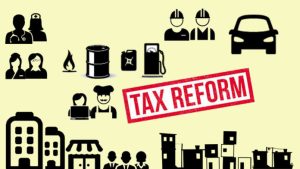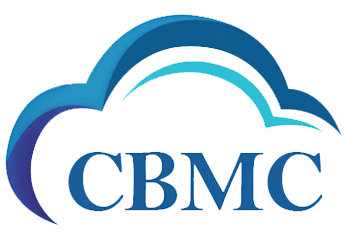
Pakistan’s 2025 tax reforms, driven by the Federal Board of Revenue (FBR), aim to enhance revenue collection, broaden the tax base, and modernize compliance processes. These changes are part of efforts to meet fiscal targets and secure international financial support.
Key Areas of Focus in the 2025 Tax Reforms:
While the full details will solidify with the upcoming budget announcements and FBR notifications, several key areas are expected to see significant developments:
- Enhanced FBR Oversight and Digitalization: The FBR is likely to continue its push towards digitalization of tax processes. This means an increased reliance on the IRIS portal for registration, filing, and payments. Businesses should ensure their digital infrastructure is robust and their teams are proficient in using these online systems. Expect stricter enforcement and potentially more frequent digital audits.
- Corporate Tax Adjustments: There have been discussions and recommendations regarding corporate tax rates. While the main rate currently stands at 29%, proposals for a phased reduction to enhance global competitiveness are on the table. Businesses should monitor announcements regarding potential rate changes and how these might impact their profitability and future planning.
- Broadening the Tax Base: A major focus for the FBR is to bring currently under-taxed sectors into the formal tax system. This could mean increased scrutiny and new regulations for sectors like agriculture, real estate, and the wholesale/retail trade. Businesses operating in these areas should proactively prepare for potential changes in tax obligations and reporting requirements.
- Sales Tax Harmonization: Efforts to harmonize sales tax policies between the federal and provincial authorities are crucial. Discrepancies in these policies can create compliance burdens for businesses operating across provinces. Any steps towards a unified system will be a welcome change, simplifying tax management and encouraging business growth.
- Scrutiny on Exemptions and Concessions: The government is expected to review and potentially phase out existing tax concessions and exemptions across various sectors. Businesses currently benefiting from such provisions should assess the potential impact of these changes on their tax liabilities.
- Focus on Withholding Tax: Compliance with withholding tax regulations will likely be under increased scrutiny. Businesses making payments to both residents and non-residents need to ensure they are correctly deducting and remitting the applicable withholding tax amounts. Staying updated on the latest withholding tax rates and rules is crucial.
- Measures Against Tax Evasion: Expect continued efforts to combat tax evasion, including stricter measures against the illicit trade of goods like cigarettes and potentially increased monitoring of large transactions. Businesses should ensure their operations are transparent and fully compliant to avoid scrutiny.

Key FBR Updates:
- Amendments Ordinance 2025: Enacted to tackle fiscal problems and speed up tax litigation, this ordinance makes amendments to the Income Tax Ordinance 2001 and the Federal Excise Act 2005.
- Enhanced Tax Recovery Measures: Additional amendments seek to enhance the efficacy of tax collection and compliance so that tax liability is settled early.
Corporate Tax Changes
- Additional Advance Tax on Exports: An additional 1% advance tax is suggested on proceeds realized by exporters for the goods exported in addition to the already levied 1% tax by banks or foreign exchange dealers.
- Revised Tax Rates for Non-Salaried Individuals: The tax structure of income has been revised, with entities making up to PKR 600,000 a year exempted from tax on income. Individuals making PKR 600,000 to PKR 1,200,000 are taxed at 15%, with rising charges for higher income levels.

Compliance Tips for Businesses
- Mandatory E-Invoicing: Every corporate entity shall be required to connect with the computerized system of the FBR by June 1, 2025, and non-corporate registered persons by July 1, 2025, in order to meet electronic invoicing obligations.
- Detailed Sales Tax Returns: From January 2025, businesses shall be required to report detailed information regarding goods’ value and quantity in monthly sales tax returns to increase transparency and compliance.
- Updated Sales Tax Registration Process: The 2025 Sales Tax Rules mandate electronic submission of Form STR-1, biometric verification via NADRA’s e-Sahulat Centre, and submission of additional documentation, including bank certificates and GPS-tagged business premises photos.
Key Takeaways
- The 2025 tax reforms introduce significant changes affecting income tax rates, export taxation, and compliance procedures.
- Businesses must adapt to new electronic invoicing systems and provide more detailed tax return information.
- Staying informed and compliant with these reforms is crucial for businesses to avoid penalties and contribute to Pakistan’s economic stability.
For detailed information and updates, businesses should regularly consult the Federal Board of Revenue’s official website.
Or you can visit our official website: https://www.cbmc.pk/
